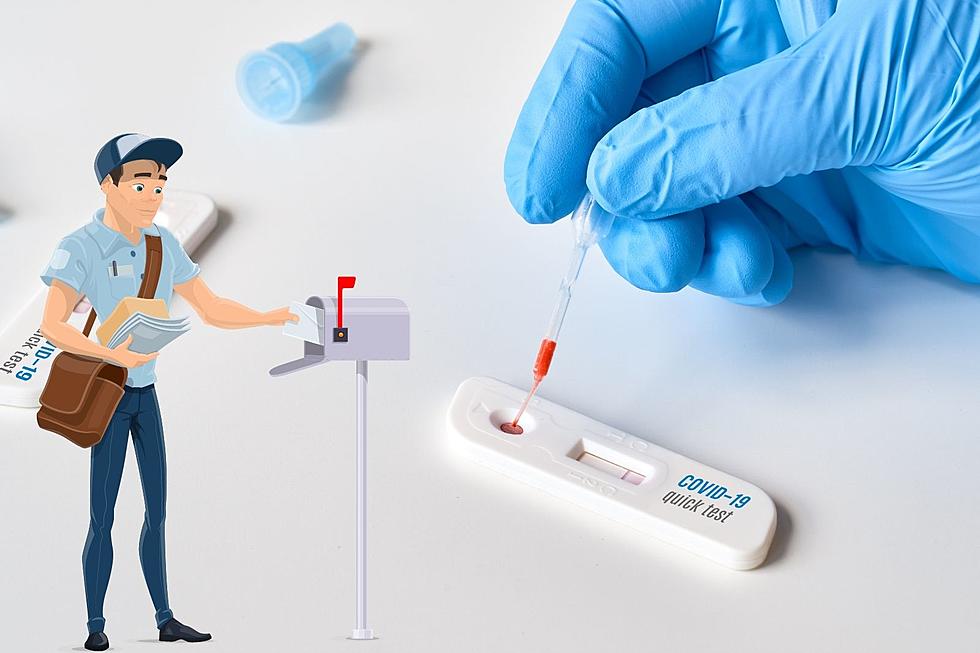
Fully Vaccinated People Can Go Without Masks & Social Distancing Says CDC
The CDC has said that those who are fully vaccinated can now resume activities without masks or social distancing.
So what exactly does this mean besides the obvious? Well, let's start with what the CDC considered "fully vaccinated." The CDC considers an individual to be fully vaccinated after two weeks time (fourteen days) after receiving the second injection of either the Pfizer or Moderna vaccines or two weeks or fourteen days after receiving a single injection of the Johnson & Johnson vaccine. The CDC does warn,
If you don’t meet these requirements, regardless of your age, you are NOT fully vaccinated. Keep taking all precautions until you are fully vaccinated

The CDC says that once you are fully vaccinated that you can resume all activities that you took part in pre-Covid-19 pandemic without wearing a mask or maintaining six feet of social distancing. The exception to this of course, is that you must still practice these safety precautions in the following situations and locations, according to the CDC:
Fully vaccinated people can resume activities without wearing a mask or physically distancing, except where required by federal, state, local, tribal, or territorial laws, rules, and regulations, including local business and workplace guidance.
This means if you plan to visit a business or restaurant that has a sign posted asking that patrons wear a mask, you do still need to wear one. Keep in mind that businesses are private establishments that are doing their best to protect their employees, staff and other customers.
What does all of these mean for travel? The CDC says that if you are traveling within the United States, you no longer will be required to take a Covid test before or after you travel. It also means that you do not have to self-quarantine after you travel either. If you plan to travel outside of the United States, the CDC advises that you pay careful attention to the Covid-19 guidelines of your destination country and also says,
- You do NOT need to get tested before leaving the United States unless your destination requires it.
- You still need to show a negative test result or documentation of recovery from COVID-19 before boarding an international flight to the United States.
- You should still get tested 3-5 days after international travel.
- You do NOT need to self-quarantine after arriving in the United States.
The CDC also now says that if you have had contact with someone with Covid-19 you do not need to quarantine or get tested unless you, yourself are showing symptoms. Of course, if you've knowingly been around someone who has Covid-19 you'll want to watch for symptoms. For those who fall into the category of being immunocompromised the CDC advises that you speak with your healthcare professional regarding what, if any precautions you may still need to take.
To learn more about Covid-19, the vaccines and recommendations for both vaccinated and unvaccinated individuals, visit CDC.gov.
LOOK: Answers to 30 common COVID-19 vaccine questions
READ ON: See the States Where People Live the Longest
LOOK: Here are the 50 best beach towns in America
More From WGBFAM









